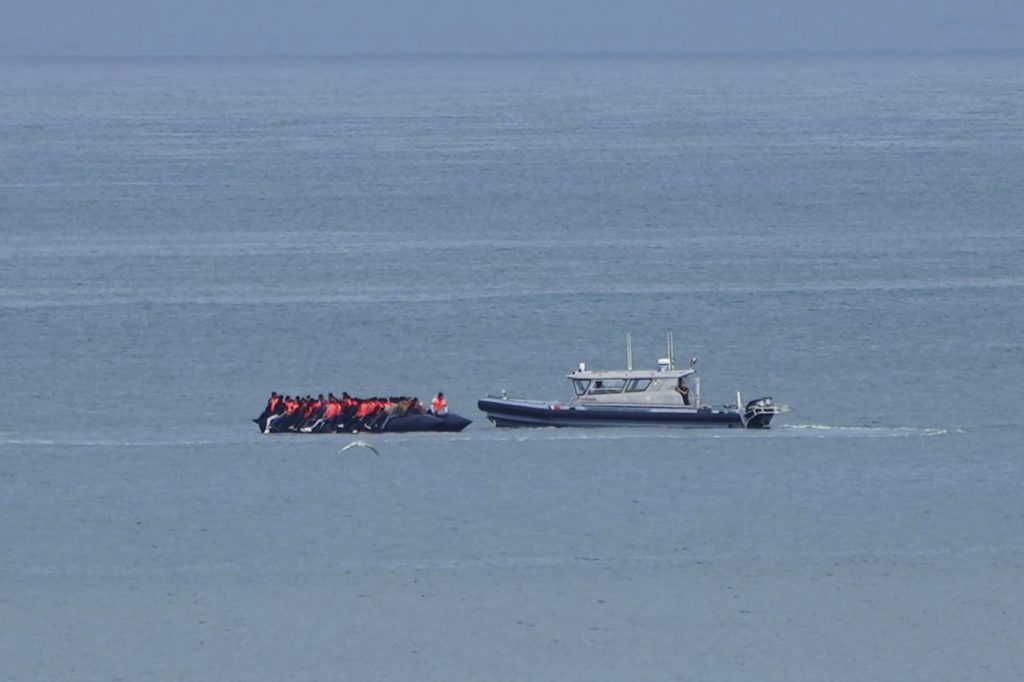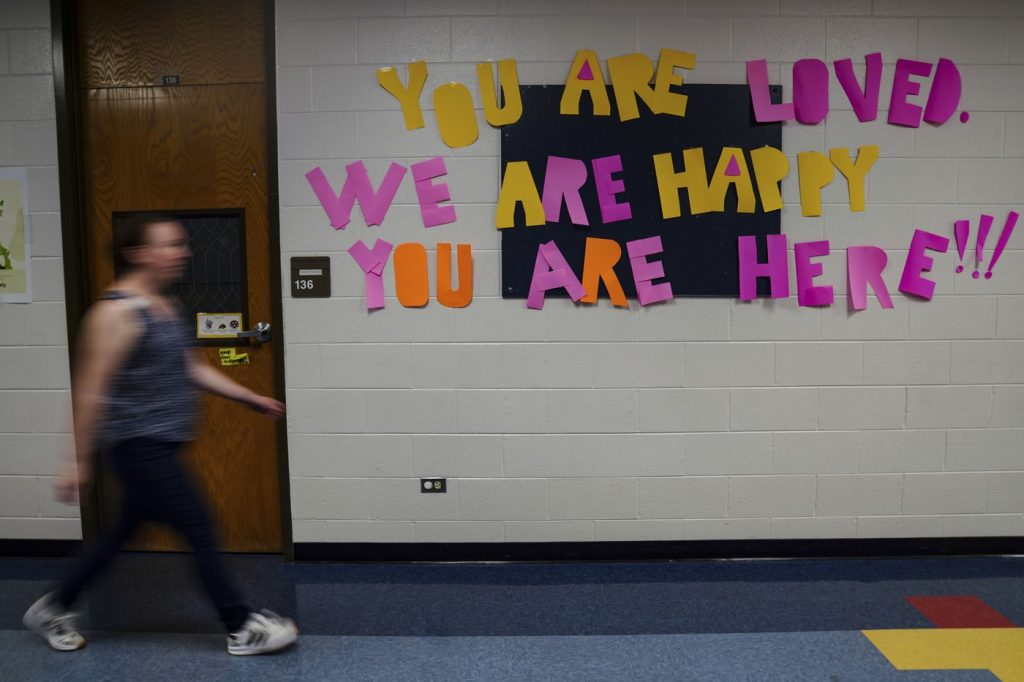PARIS (AP) – Tragedy struck again on Wednesday as a woman and a child died during an attempted illegal overnight sea crossing from France to Britain. This heartbreaking incident added to the grim tally of deaths on this perilous migration route, raising the total to at least three fatalities within the week, according to French maritime authorities. The number of lives lost on this route has reached at least 14 so far this year.
French rescue services discovered the unconscious bodies of the woman and child aboard a small boat that was carrying nearly 80 migrants off the coast of Pas de Calais in northern France. In a coordinated response, a French Navy vessel was deployed and managed to rescue 10 individuals from the overcrowded boat, who expressed a desire for rescue. Meanwhile, the remaining passengers proceeded into British waters, while the French naval vessel transported the rescued individuals back to the port of Calais.
Earlier in the week, on a similar voyage, one person lost their life, and another was reported missing at sea when a boat overburdened with migrants broke apart during the attempted crossing of the English Channel. French maritime authorities confirmed that the missing individual’s body has yet to be recovered, contributing to the ongoing crisis as more people resort to these dangerous crossings in search of a better life.
According to U.K. government statistics, over 12,500 people have crossed the English Channel on small boats in just the year 2025. This alarming figure highlights the grave situation faced by migrants and underscores the urgent need for effective policy responses to protect vulnerable individuals undertaking such perilous journeys.
As these tragedies continue to unfold, the situation prompts a deeper examination of the humanitarian crisis surrounding migration in Europe. The quest for safety and a better life drives many individuals to take enormous risks, often resulting in devastating consequences. The ongoing loss of life in these attempts to cross the English Channel serves as a harrowing reminder of the dangers migrants face and the critical need for comprehensive solutions to address the complexities of migration in the region.












